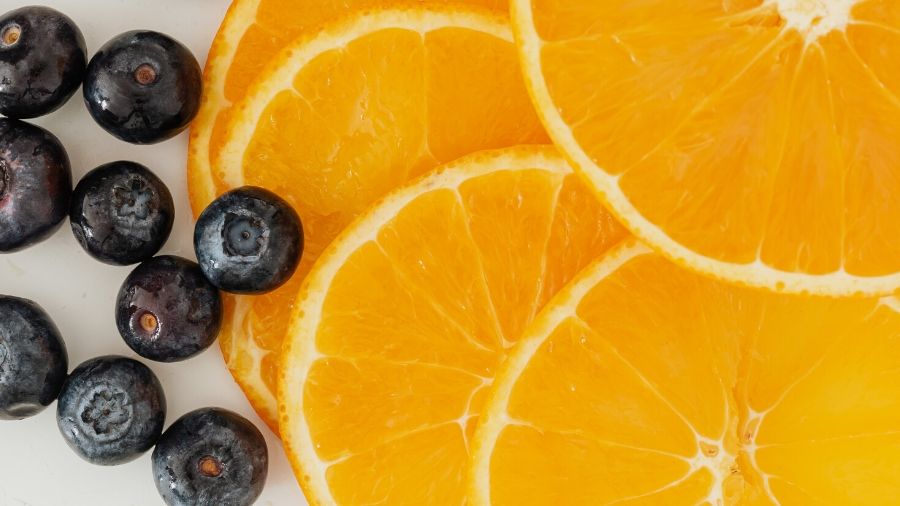1. Quality carbs are crucial
Carbohydrates should always be your fuel of choice, though that doesn’t give you license to go out and eat anything and everything you can get your hands on!
The key is to find quality sources of carbohydrate, such as: bananas, brown rice, oatmeal, whole grain bread, whole wheat pasta, sweet potatoes and isotonic drinks. Stay away from high-sugar convenience foods, as they will spike your blood sugar levels.
2. Plenty of protein
Cycling puts a huge amount of strain on your leg muscles. You need protein to help them recover and adapt to the hard miles you’re putting in on the road.
Good sources of protein are meat, fish, eggs, cheese, yoghurt, nuts, beans and pulses.
3. Vary your veg
Plants are fantastic sources of micronutrients. Aim for a variety of different colours to get maximum benefit. Eating a rainbow of fruit and vegetables over the course of the day keeps you healthy – and away from the biscuit tin!
4. Vitamins are often overhyped
Multivitamins, especially in high doses, can lower your adaptation to training, so avoid them if you can. The only exception is if you have a cold. If so, vitamin C and zinc will boost your immune system.
5. Eat appropriately
If you’re having a fairly steady training session, keep your food intake nice and light. If you’ve got a longer, more punishing session planned, then eat something substantial beforehand.
However, remember to leave enough time to make sure you’re not cycling with an uncomfortable stomach.
6. Practice makes perfect
The golden rule is not to try anything new on race day. Use your training sessions to experiment with different strategies and find the one that works out for you.
Stick to no more than 240kcal from carbohydrates or 2-3 gels per hour. Try and prioritise 'real' food when out on the bike – home-made rice cakes or bars are great. Only use gels as a last resort.




